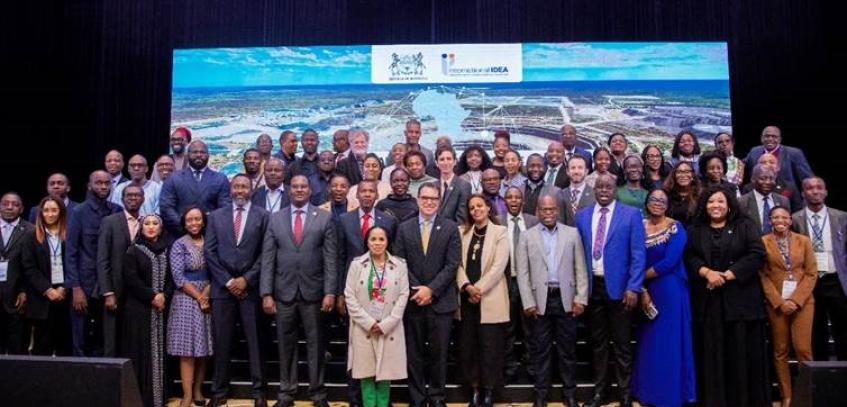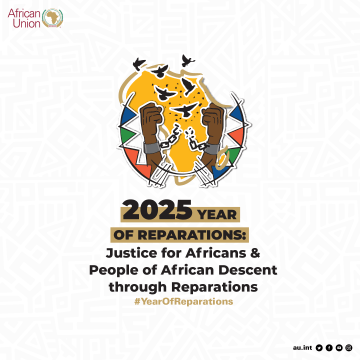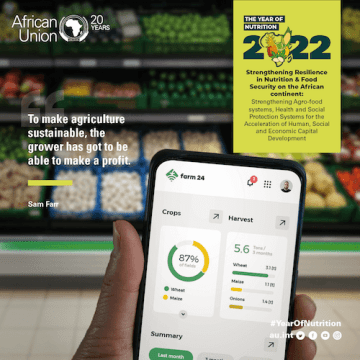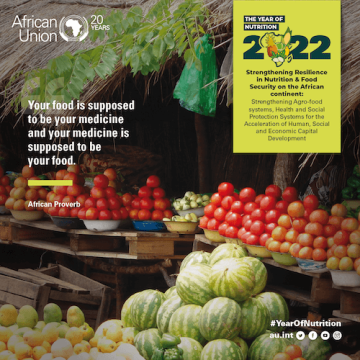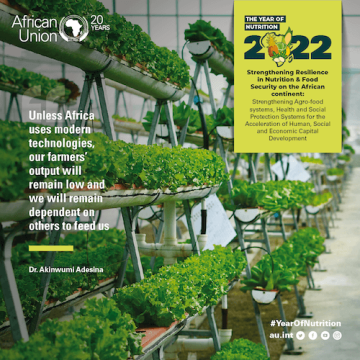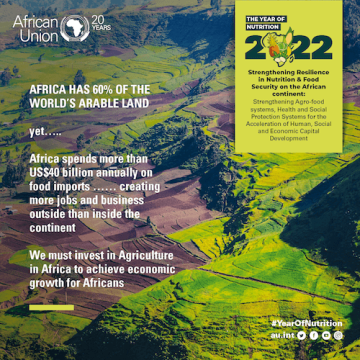Gaborone, 27-28 June 2024 – The African Peer Review Mechanism (APRM), in collaboration with the Government of Botswana, the International Institute for Democracy and Electoral Assistance (International IDEA), the African Minerals Development Centre (AMDC), the United Nations Development Programme (UNDP), the United Nations Economic Commission for Africa (UN-ECA), and the Southern Africa Resource Watch (SARW), hosted a High-Level Continental Dialogue on Comparative Mineral Resource Governance in Africa. The Dialogue took place on 27-28 June 2024 in Gaborone, Botswana, on the theme: “Harnessing Africa's Mineral Wealth for Economic Growth, Social Equity, and Environmental Responsibility.”
The overall objective of the High-Level Dialogue was to enhance understanding of mineral resource governance in Africa through the sharing of innovative approaches. The dialogue specifically aimed to facilitate exchange of information on legal, regulatory, and policy frameworks; evaluate the effectiveness of mechanisms implemented by African governments for increased transparency and accountability in mineral resource governance; examine the alignment of private sector Corporate Social Responsibility (CSR) activities with national development plans, among others.
H.E. Mokgweetsi Masisi, President of the Republic of Botswana, affirmed the incredible potential that Africa's mineral wealth holds for economic development and growth across the continent. He underscored the importance of diversifying economies, promoting value addition, and creating an enabling environment for industrial growth to unlock the full potential of Africa’s natural resources, as this would allow for more effective participation of African states in global value chains towards sustainable development and prosperity. President Masisi announced that Botswana was ready to share its experience in various key areas such as advancing sound mining legislation for holistic national development with other nations seeking to maximise the benefits of their natural resources.
Botswana Minister for State President, Hon. Kabo Neale Sechele Morwaeng and the Minister of Minerals and Energy, Hon. Lefoko Moagi, described the Dialogue as an invaluable opportunity for African countries to learn from one another and explore how governance may be improved in the vital area of mineral resources and related sectors.
The Executive Secretary of the UNECA, H.E. Amb. Claver Gatete delivered a message of support to the Dialogue by emphasising that with technology and innovation at its centre, Africa is well placed to capitalise on the current exponential growth in the global demand for minerals.
The Secretary General of IDEA, Hon. Dr Kevin Casas-Zamora, highlighted the importance of the Dialogue and stated that in addition to supporting democracy worldwide, Internation IDEA is committed to convening candid conversations among its Member States on key issues facing democracies, from natural resource governance to other complex challenges like election administration and gender equality.
The AMDC Interim Director, Dr Marit Kitaw, took stock of Africa’s significant stake in global minerals and called for enhancing, through regional frameworks such as the Africa Mining Vision (AMV) and the African Minerals Governance Framework (AMGF), Africa’s engagement in the global minerals value chain.
The UNDP Resident Representative for Botswana, Dr Balázs Horvath underlined the importance of realising that effective mineral resource governance is broader and goes beyond the economic benefits only.
The Director of Southern Africa Resource Watch, Dr Claude Kabemba underscored the significance of geopolitics impact on mineral resources governance in Africa.
The Chairperson of the APRM Focal Points Committee and Minister of Foreign Affairs and National Community Abroad, H.E. Ahmed Attaf was represented by Mr Bouslimani Taybe on behalf of Amb. Mourad Adjabi, Ambassador Extraordinary of the People’s Democratic Republic of Algeria to Botswana.
The Dialogue explored possible measures that could be taken to strengthen institutional capacity and governance structures in the mining sector. In this regard, Dr Rachel Mukamunana, Ag. Director of Country Reviews at APRM Continental Secretariat presented findings emanating from APRM review reports of Zambia and Senegal, where the APRM undertook targeted reviews on mineral resources governance. Furthermore, the Dialogue focused on comparative exploration experiences for enhanced mineral resource mapping; comparative experiences in building capacities for effective mineral resources contract negotiations; revenue collection and management in mineral resource governance; enhancing community benefits in mineral resource governance; cross-jurisdiction legislations, best practices and frameworks on mineral resource governance; leveraging mineral resources for industrial development in Africa; incorporating Africa’s experiences into the UN Global Framework on Just Transitions; and building a collaborative framework for future high-level dialogues.
Discussions yielded key recommendations for AU Member States, pointing to the need for African countries to establish robust regulatory frameworks, promote inclusive and participatory democratic processes, ensure diversification and value addition within the mining sector, and strengthen regional and international cooperation for natural resource governance. Participants recognized the crucial role of governance in safeguarding and managing mineral resources.
In line with its mandate to track governance on the continent by fostering the adoption of AU policies, standards, and practices through sharing of experiences and reinforcement of successful and best practices, the APRM is in the process of establishing the Africa Natural Resource Governance Initiative. The initiative shall focus on the state of governance processes on the continent in the area of land resources, transboundary water resources mineral resources and the blue economy through routine research, dialogue platforms, and facilitation of knowledge-sharing in member states. The outcomes of the Dialogue are expected to inform the APRM reviews of natural resources governance in Africa and enhance countries’ capacities, expertise, and partnerships regarding future strategies in the mineral sector.
Speaking on behalf of the APRM Continental Secretariat CEO, Amb. Marie-Antoinette Rose-Quatre, Dr McBride Nkhalamba, in his closing remarks, emphasised the importance of an African Platform of key natural resources governance (NRG) institutions that would convergence the principles, standards and codes of NRG, which is the mandate of the APRM.
The High-Level Dialogue is to become an annual event hosted in AU Member States, and its outcomes will inform future APRM high level reports on natural resources governance submitted to AU Policy Organs.

